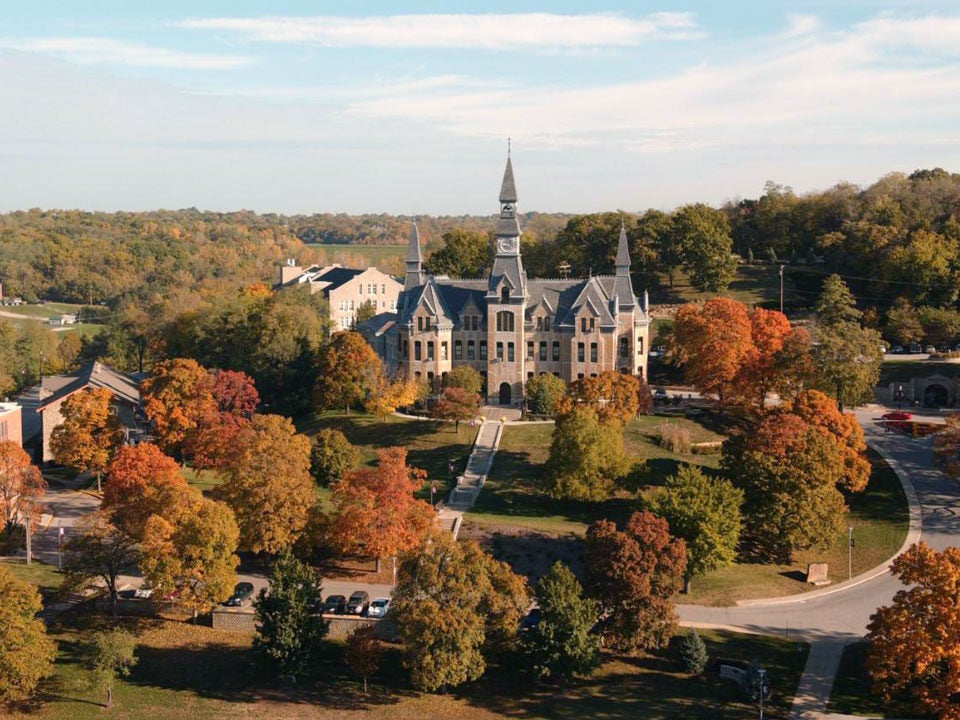On-Campus w/Online Courses
Program Available
Bachelor's
Program Type
Total Credits
133
Affordability
Private School Education At State School Prices
Program Available
Program Type
133
Private School Education At State School Prices
A secondary education degree empowers you to educate and inspire high school students during a critical stage of their academic and personal development. At Park University, students studying secondary education gain the knowledge, skills, and hands-on experience needed to create engaging, inclusive classrooms that support diverse learners. The program prepares graduates to meet Missouri state certification requirements and begin their teaching careers with confidence. With a Bachelor of Science in Secondary Education, you’ll have the opportunity to guide young minds and help shape the next generation of thinkers and leaders.
Park University’s bachelor’s degree in secondary education offers six concentrations to choose from. To be eligible for a high school teaching secondary certificate, you must select a concentration. Your coursework will depend on which of the following you choose:
Park University offers a transparent and student-focused approach to tuition and financial aid. Our tuition structure is designed to be competitive and manageable, and our financial aid counselors are available to guide you through every step of the process. From understanding your cost breakdown to exploring funding options, we ensure that financial planning is clear, personalized, and aligned with your educational journey.
Ready to take the next step in your education? Park University welcomes applicants with a high school diploma or equivalent who meet our undergraduate admission standards. Bachelor’s degrees require 120 credit hours, including coursework tailored to your major and core academic skills. To graduate, you’ll need to maintain a 2.0 GPA in your major and complete at least 30 credit hours at Park to meet the residency requirements, 15 of which must be earned in the major core. Whether you’re starting fresh or transferring in, we’re here to help you build a strong foundation for your future.
Visit Admissions Policies and Procedures to learn more about admission requirements at Park University.

*General salary and employment outcomes vary by geographic area, previous work experience, education and opportunities for employment that are outside of Park University’s Control. The labor market and average salary range can be explored further at the U.S. Bureau of Labor and Statistics.
A secondary education degree prepares you to teach grades 9–12 in subjects like English, math, science, or social studies. Graduates often become licensed high school teachers, but the degree can also lead to roles in curriculum development, educational support services, or graduate study in education or administration.
With a bachelor’s degree in secondary education from Park University, you’ll be certified to teach grades 9–12 in Missouri. The program prepares you to specialize in high school subject areas like English, Social Studies, and Science, combining rigorous coursework with real-world student teaching experience.
Most students complete the high school education degree in four years of full-time study, but Park’s transfer-friendly policies and flexible scheduling can shorten that timeline. If you have prior college credits or an associate degree, you may be able to accelerate your path to becoming a certified high school teacher.
Class Start Dates: Term Dates